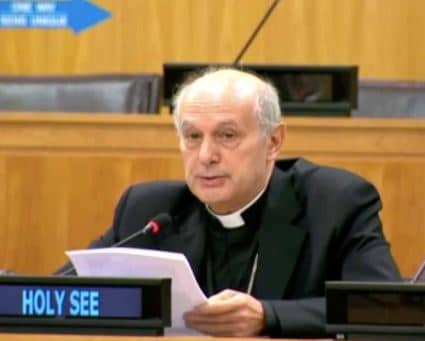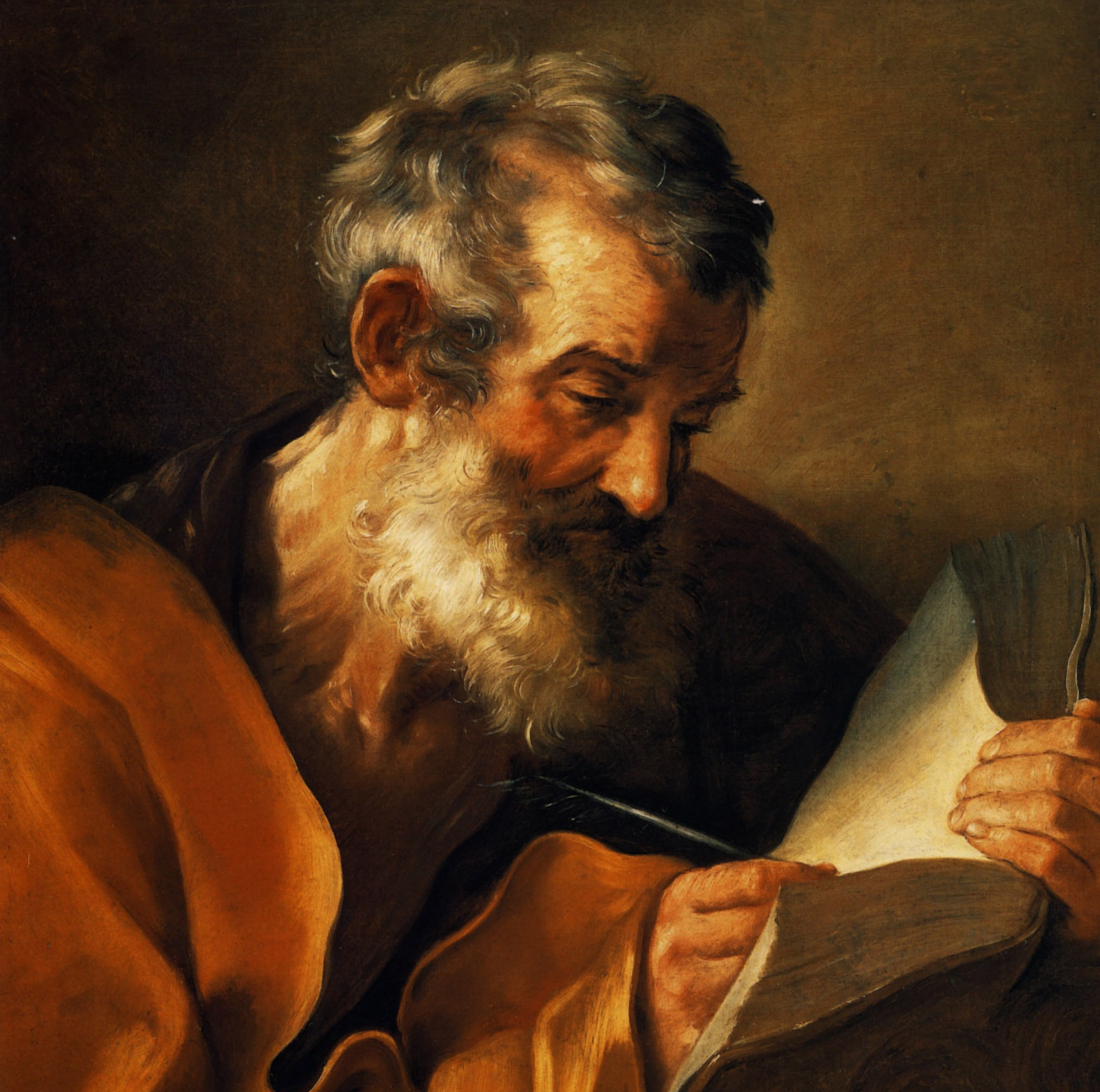The Hole See yesterday supported efforts for the world to reach net-zero on carbon emissions.
The statement can at the United Nations High-Level Thematic Debate “Delivering Climate Action—For People, Planet and Prosperity” at UN Headquarters in New York. Following is the presentation at the event by Archbishop Gabriele Caccia, Apostolic Nuncio, and Permanent Observer of the Holy See to the United Nations.
***
Mr. President,
The Holy See thanks you for convening this high-level thematic debate on climate action in the build-up to the COP26, set to take place in just a few days. My Delegation is also grateful for the valuable discussions and panels held today.
Among the many initiatives to protect our common home, which have stemmed from Laudato Si, was a meeting held earlier this month at the Vatican where Pope Francis, along with a number of scientists and religious leaders, signed a Joint Appeal that calls for the world to reach net-zero carbon emissions as soon as possible. Today’s high-level thematic debate gives me the opportunity to reiterate their petition that “we cannot act alone, for each of us is fundamentally responsible to care for others and for the environment.”[1]
To limit the rise in global temperatures to 1.5 degrees Celsius above pre-industrial levels, they call for a framework of hope and courage as well as advocate for a new economic mindset underlying development, one that is inclusive, ecologically friendly, environmentally responsible, and places not endless growth but human dignity at the center.[2]
Moreover, they note the need for common yet differentiated climate action at all levels, international cooperation, and solidarity with the poor, who suffer most from climate change. Wealthy countries must take the lead in reducing their emissions while also assisting poorer nations through financing to achieve their climate goals, become climate-resilient, and buttress their ability to adapt to climate change.
Our efforts to reduce emissions must be bold and diversified. We must overcome the damage caused by a throwaway culture and adopt, instead, an integral ecology that recognizes that we and our world are deeply interdependent. We must transition to clean energy, adopt sustainable land-use practices, transform food systems to be environmentally friendly and respectful of local cultures, fight to end hunger and promote sustainable lifestyles, consumption, and production. These metamorphoses, which must fully consider the workforces and livelihoods they impact, will not be easy but are achievable with collaboration.
The spirit of fraternity, respect, cooperation, and intent “to walk together on a common journey”[3] that guided the meeting in the Vatican, is precisely what we need for climate action and COP26 to succeed. The Joint Appeal concludes, “What we can achieve depends not only on opportunities and resources but also on hope, courage, solidarity, and goodwill.”[4] Those are the virtues and the prophetic vision we need now to protect future generations, the poor, and our common home.
Thank you, Mr. President.
[1] Pope Francis, Address of His Holiness Pope Francis to the Participants in the Meeting ‘Faith and Science: Towards COP26’, Vatican, 4 October 2021.
[2] Joint Appeal signed at ‘Faith and Science: Towards COP26’, Vatican, 4 October 2021.
[3] Pope Francis, Address of His Holiness Pope Francis to the Participants in the Meeting ‘Faith and Science: Towards COP26’, Vatican, 4 October 2021.
[4] Joint Appeal signed at ‘Faith and Science: Towards COP26’, Vatican, 4 October 2021.
Copyright © 2021 Permanent Observer Mission of the Holy See to the United Nations, All rights reserved.










